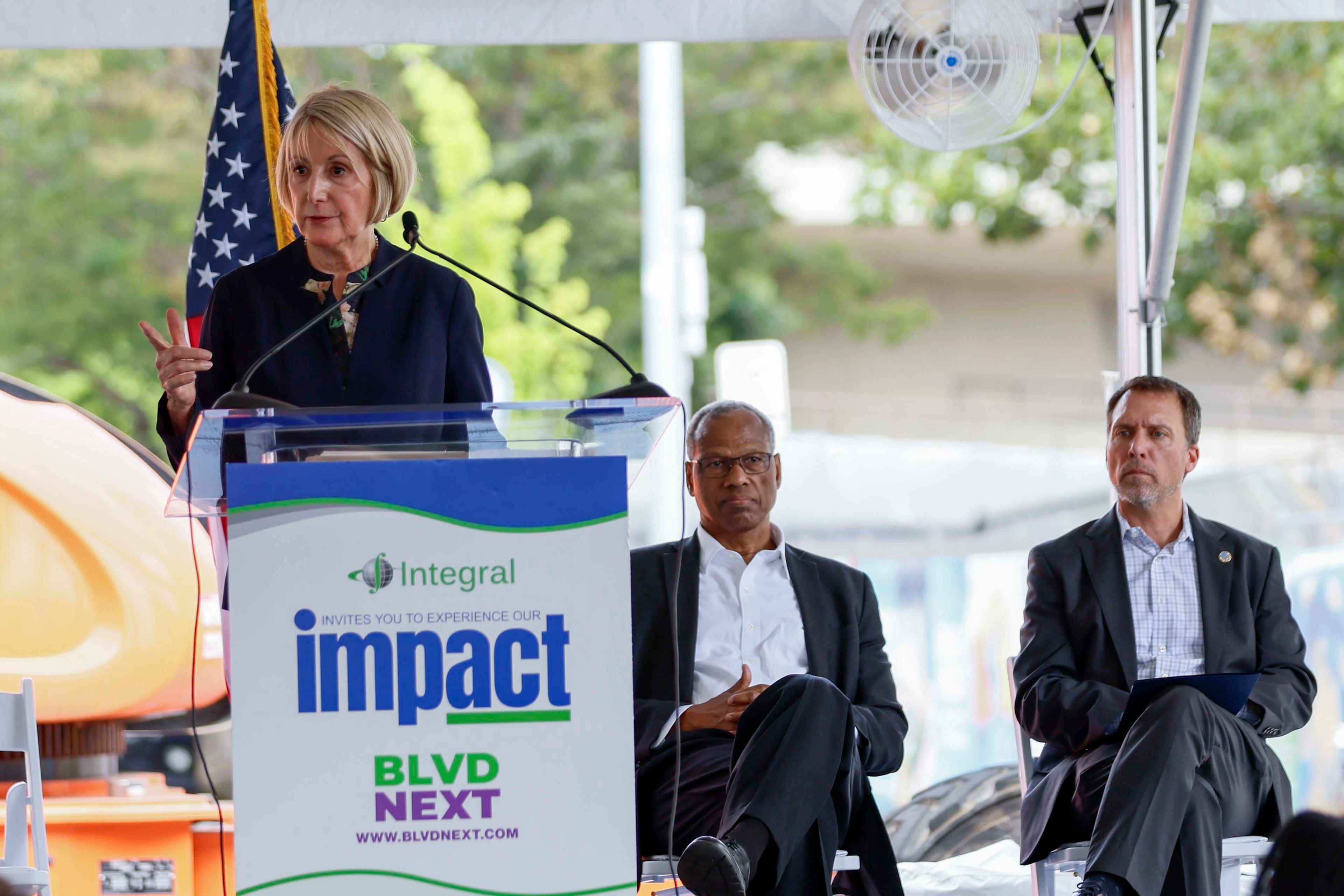Wellstar approved to build $1B hospital in affluent Acworth area

Wellstar Health System has won state approval to build a new $1.1 billion, 230-bed hospital in a high-income Acworth area, overcoming opposition to the proposal from other hospital systems, according to state documents obtained by the Atlanta Journal-Constitution and confirmed by Wellstar.
The opposing hospitals have the right to appeal, and some state hospital approvals have wound up in yearslong court fights. For now, Wellstar told the AJC that the new facility could potentially open to patients in 2031, depending on construction.
Wellstar intends to fund the project partly with $716 million from its own cash reserves. It said it can borrow the rest.
The move cements a new direction for Wellstar, which just three years ago made national news for closing two hospitals with lower-income patient bases, including Atlanta Medical Center, a century-old safety-net hospital downtown. Wellstar said it had tried investing or finding partners to help run AMC to no avail.
Wellstar said in a written statement to the AJC that the new Acworth hospital would meet the needs of a growing multicounty area. Wellstar already operates a health park near the site with doctors’ offices.
“In addition to improving access to care, the new hospital will relieve pressure from Wellstar Kennestone Regional Medical Center, which currently has an occupancy rate of 98.5%, improve Kennestone’s capacity to treat the most critical patients, and accept transfers with fewer delays,” the statement read.
Wellstar’s proposed Acworth hospital is within 5 miles of some of the wealthiest Census tracts in the state. Median household incomes near the site are as high as $175,000 in some areas.
Building in a wealthy area helps a hospital’s bottom line. In a high-income location, patients are more likely to have robust private insurance as well as money to pay their direct bills. Wellstar and many of its competitors are nonprofit organizations, but they still work to make money like other businesses.

Competition for wealthy patients is intense, and so is competition for skilled nurses and doctors. Existing hospitals often fear being left to serve the uninsured or patients with Medicaid, which doesn’t pay well.
With a few exceptions, whenever someone proposes to build a new hospital, opposing hospitals can protest that it will harm them, and the state must decide whether a facility is really needed there. If the state approves the hospital, the Georgia Department of Community Health then issues a “certificate of need.”
Wellstar won its certificate of need — or CON — Monday. Hospital systems from Atlanta to Rome fought it.
Atrium Health Floyd, which runs hospitals in Rome and Cedartown, protested that Wellstar “closed two important safety net hospitals including a Level I trauma center in downtown and southwest Atlanta. “
“Now Wellstar proposes to spend over $1 billion to build a new hospital in an affluent suburb of Atlanta serving a population with far different demographics,” Atrium’s protest read.
“Wellstar should not be rewarded with a new hospital following such actions which abandon critical populations in the cities of Atlanta and East Point.”
Emory Healthcare and Piedmont Healthcare also opposed Wellstar’s application.
Wellstar replied that their arguments had no merit. On the contrary, Wellstar said, AMC was “a failing hospital with dwindling utilization and an unsustainable payor mix” — meaning the mixture of well-insured, uninsured and Medicaid patients. Furthermore, Wellstar said, there were many other hospitals in the area surrounding AMC. And they added that Wellstar provides more charity care than any other hospital system in the state.
It’s not Wellstar’s first move since closing AMC in downtown Atlanta and AMC-South in East Point.
In 2023 Wellstar made a deal in the Augusta area. It took over Augusta University Health from the state Board of Regents, promising to invest $200 million in that hospital, and play a role in training the Medical College of Georgia’s doctors. That was a package deal that also got Wellstar the right to build a new hospital in wealthy Columbia County.
AJC Data Specialist Jennifer Peebles contributed to this story.



